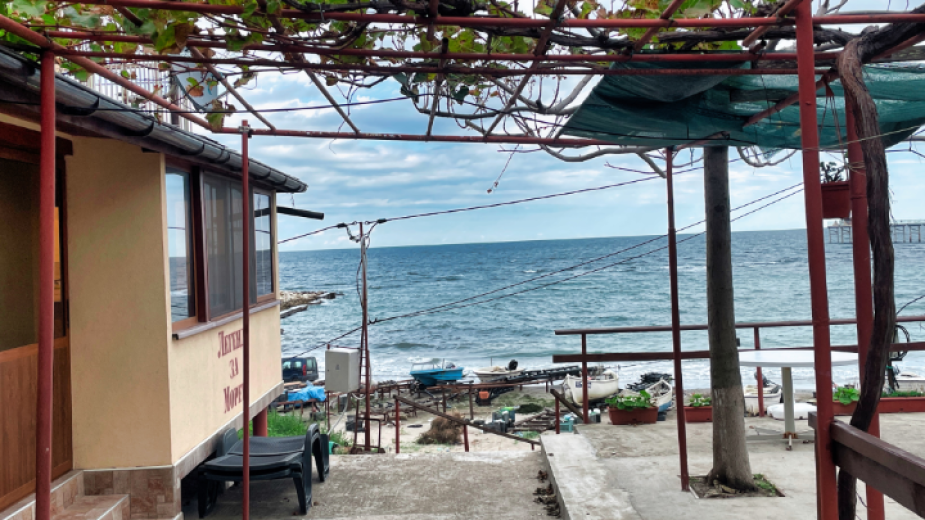 7
7
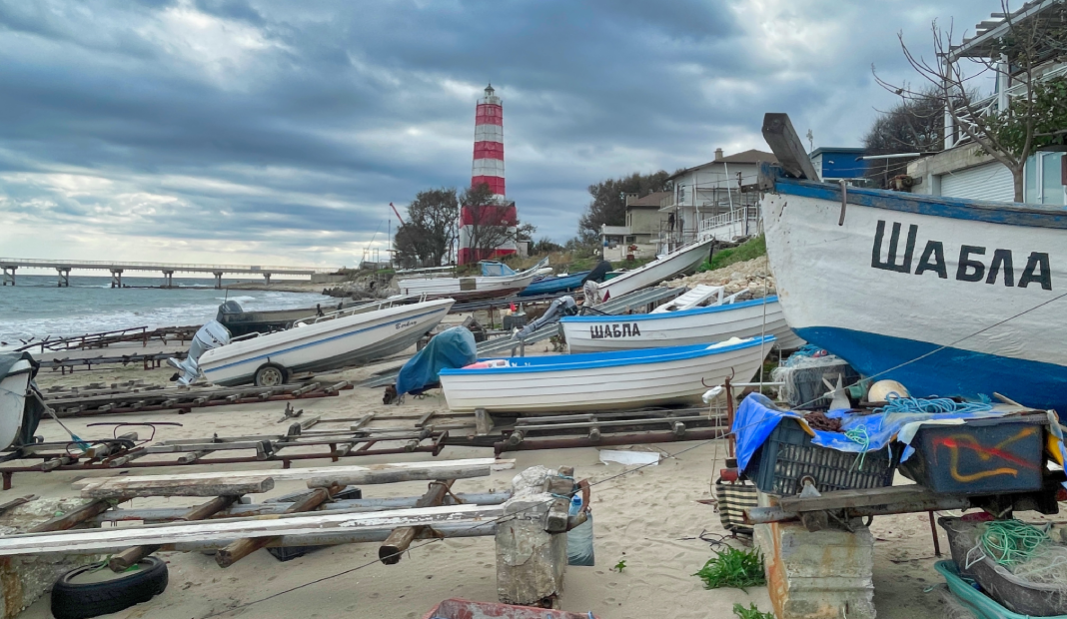
As early as the first millennium BC, the ancient Carians from Asia Minor established a port here, naming the area Portus Caria. Today, the ruins of a 5th–6th century fortress facing the sea are still visible, and nearby lies a cluster of old and newer fishing huts and bungalows. You can stroll through the village’s narrow streets and tiny front yards, adorned with fishing nets and equipment, and follow the stone steps down to the harbour. Here, fishermen arrange their boats against the backdrop of the old lighthouse, creating a scene reminiscent of a seascape watercolour.
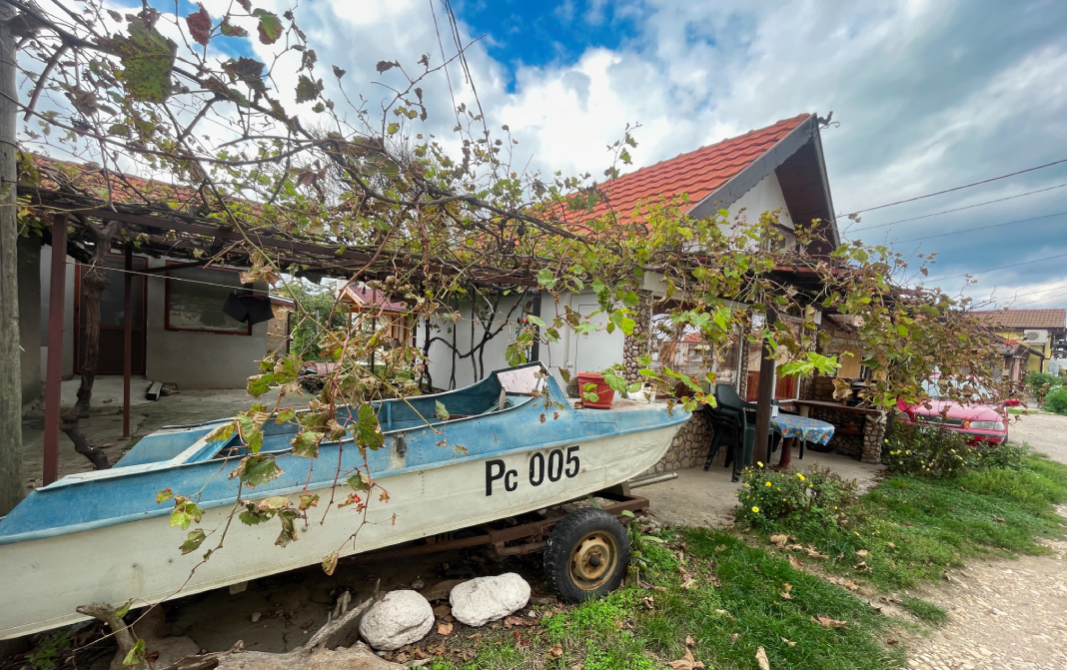
Karia is becoming an increasingly popular tourist destination. We recommend staying in a local guesthouse or even renting an entire fishing villa. We learn more about this charming seaside nook from Mariyan Zhechev, mayor of Shabla Municipality, in an interview for Radio Bulgaria:
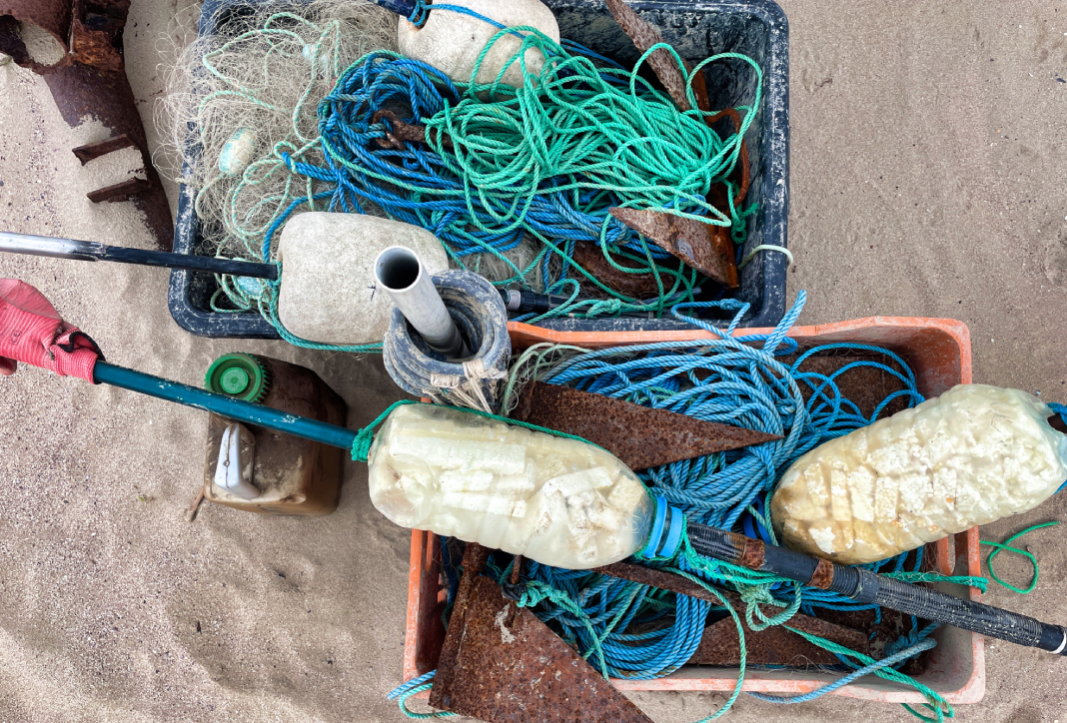
There’s plenty to see around Cape Shabla, particularly to the south, where rocky formations stretch all the way to Cape Kaliakra. Along the way, you can see caves and other natural wonders. The area is beautiful and well worth a visit.
Karia holds another surprise – its own mineral spring, known for its undeniable healing properties. Mariyan Zhechev explains that this natural phenomenon is connected to the geology of the region, which is also known for its oil deposits:
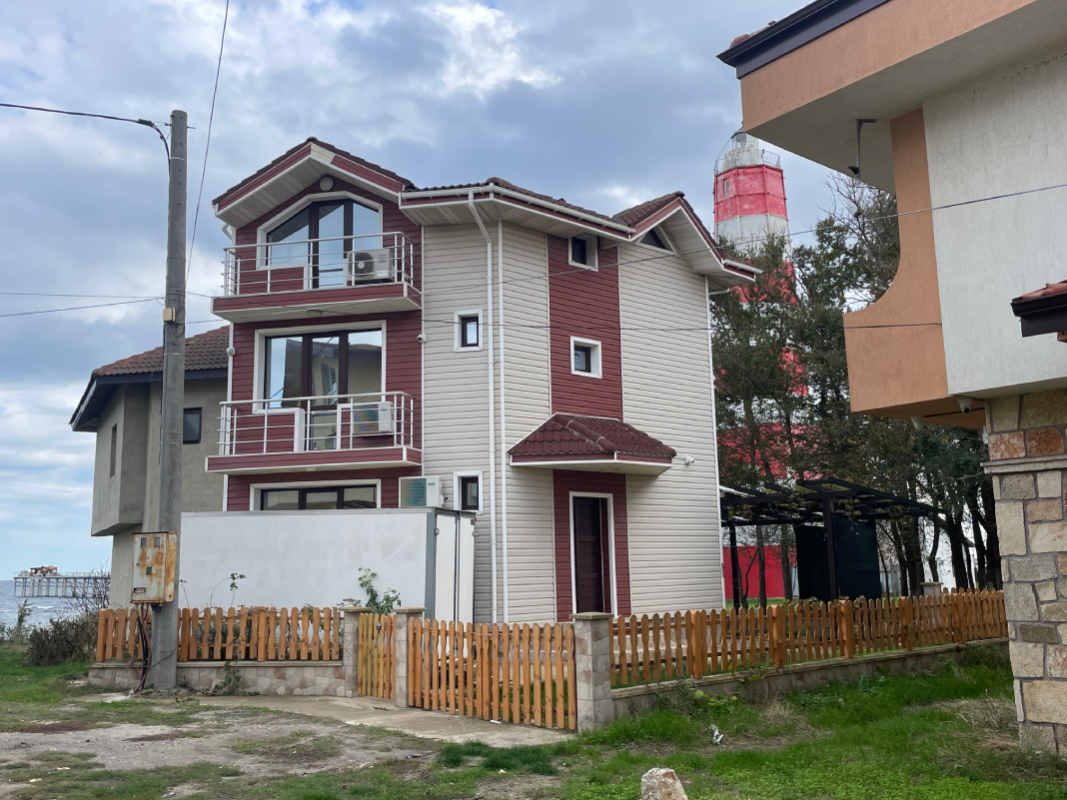
‘In Bulgaria, oil was first discovered in the nearby village of Tyulenovo, and the area has quite a few drill sites, not just for oil, but for exploring the depths beneath us in general.’ One of these drills is located right in the village of Karia. Its mineral water flows at a steady rate of around 20 litres per second. The temperature is perfect for bathing at 37°C, and the spring runs year-round. The water has a high sulphur content and is recommended for preventing and treating skin conditions, including psoriasis.'
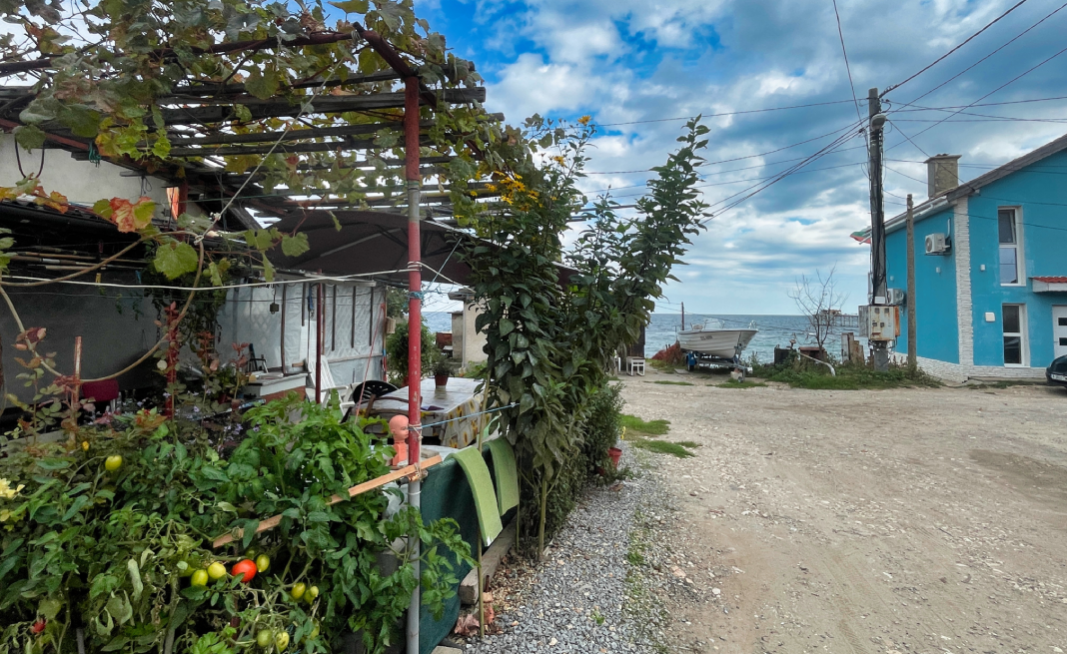
Food lovers will also find plenty to enjoy. Karia has two small fish restaurants serving authentic Black Sea cuisine. Here, the fish comes straight from the nets to your plate – fresh, flavorful, and prepared according to traditional recipes passed down through generations.
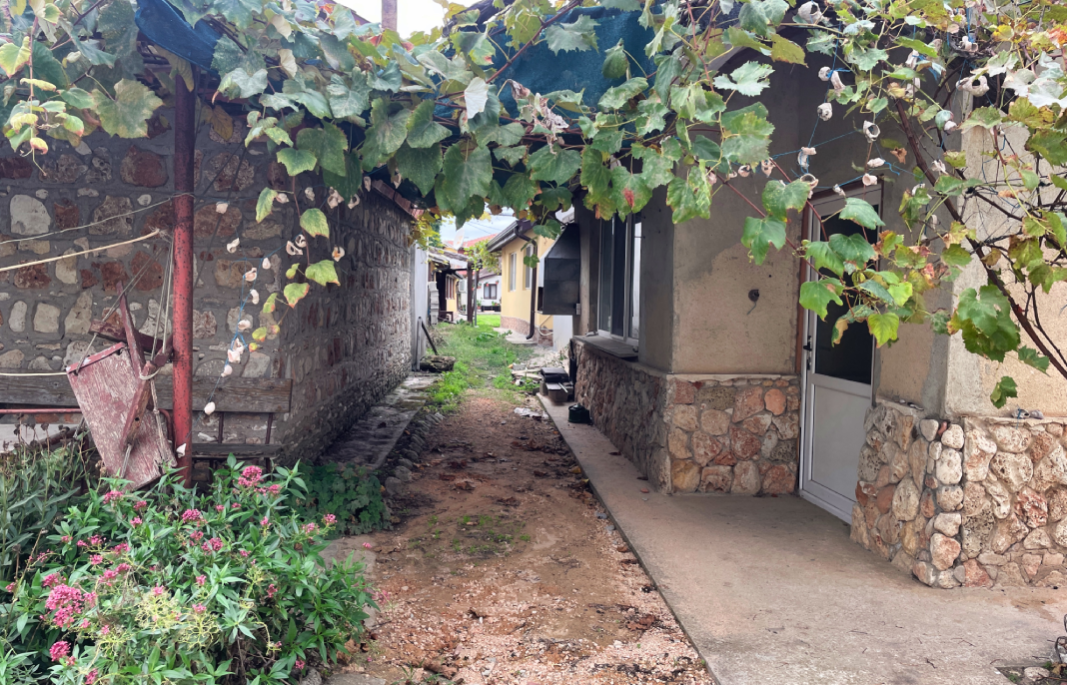
'The star of the menu is, of course, the turbot. You’ll also find gobies, Mediterranean horse mackerel, bluefish and European black anchovies. The fishermen of Shabla are particularly skilled at catching Black Sea sharks. You can also fish in the nearby lakes, so there is sometimes freshwater fish available as well. All the seafood products are always fresh and of excellent quality, including the region’s fish-roe spread and its signature black mussels, which everyone should try. No fish dish is complete without salamourika, a mildly spiced local seasoning,' concludes Mariyan Zhechev, Mayor of Shabla Municipality.
An ancient water clock known as clepsydra, restored according to ancient models, has been unveiled on the top of Sahat Tepe Hill in Plovdiv . The only clock of this type installed outdoors in Bulgaria has become the city's newest attraction. The..
Bulgaria’s Ministry of Tourism participated in the most significant international tourism exhibition in Japan— Tourism Expo Japan (TEJ), held from September 25 to 28, 2025, at the Aichi Sky Expo exhibition venue in Nagoya, Aichi Prefecture...
The story of Gostilya is a journey back in time, showing how the tiny Catholic community there has managed to preserve its identity and faith despite the ups and downs of history. Located in north-western Bulgaria, the village is one of the last..

+359 2 9336 661
